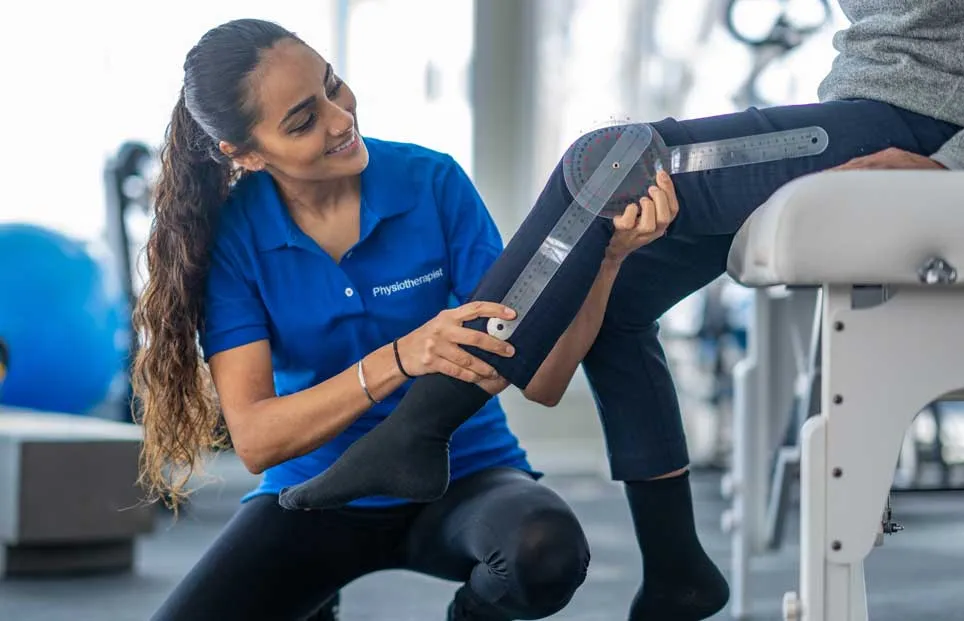The Essential Effect of Resistance Training on Enhancing Rehabilitation and Effectiveness in Sports Recovery
The Essential Effect of Resistance Training on Enhancing Rehabilitation and Effectiveness in Sports Recovery
Blog Article
Strength conditioning plays a crucial role in athletic recovery, assisting athletes recover from injuries and enhance their overall capabilities. When an athlete gets hurt, their body requires time to recover. However, during this rehabilitation period, it is essential to preserve power and flexibility to avoid further damages. Strength conditioning can be customized to fit the requirements of each athlete, focusing on specific muscle areas that may have been affected by the trauma. This targeted approach not only assists in rehabilitation but also prepares the individual to come back to their activity more robust than before.
One of the main advantages of strength conditioning in rehabilitation is its capability to enhance muscular power and endurance. When muscular tissues are stronger, they can better stabilize joints and minimize the risk of recurrence of injury. For example, an athlete healing from a leg injury can gain from exercises that strengthen the thigh muscles and back thigh muscles. These muscular tissues play a crucial role in supporting the knee articulation. By incorporating resistance training into their recovery plan, individuals can regain their power more effectively and securely.
In furthermore to building power, strength conditioning also enhances mobility and scope of motion. Many traumas can lead to stiffness in the injured area, causing it difficult for individuals to navigate freely. Strength conditioning exercises often include extending and lengthening resource the muscular tissues, which can help reestablish mobility. For example, incorporating weight bands or dumbbells into stretching routines can improve the effectiveness of these workouts. As mobility improves, individuals can perform actions more efficiently, which is essential for peak performance in their activity.
Another crucial factor of resistance training in sports recovery is its beneficial effect on mental health. Healing from an injury can be a challenging and exasperating experience for athletes. Engaging in resistance conditioning can offer a sense of accomplishment and boost self-esteem. As individuals see improvements in their strength and capabilities, they may experience more motivated to continue their recovery process. This psychological boost can be just as important as the bodily benefits, as a positive attitude can result to better outcomes in recovery.
Finally, resistance conditioning can help athletes move back to their activity more smoothly. Once they have regained their power and mobility, individuals need to rehearse activity-specific movements to ensure they are prepared for contests. Strength conditioning can be combined with sport-specific exercises to create a holistic rehabilitation program. This blend allows athletes to not only heal but also enhance their capabilities. By concentrating on both rehabilitation and performance, resistance conditioning becomes an essential tool in the recovery process, assisting athletes come back to their activity more robust and more resilient.